Back to Courses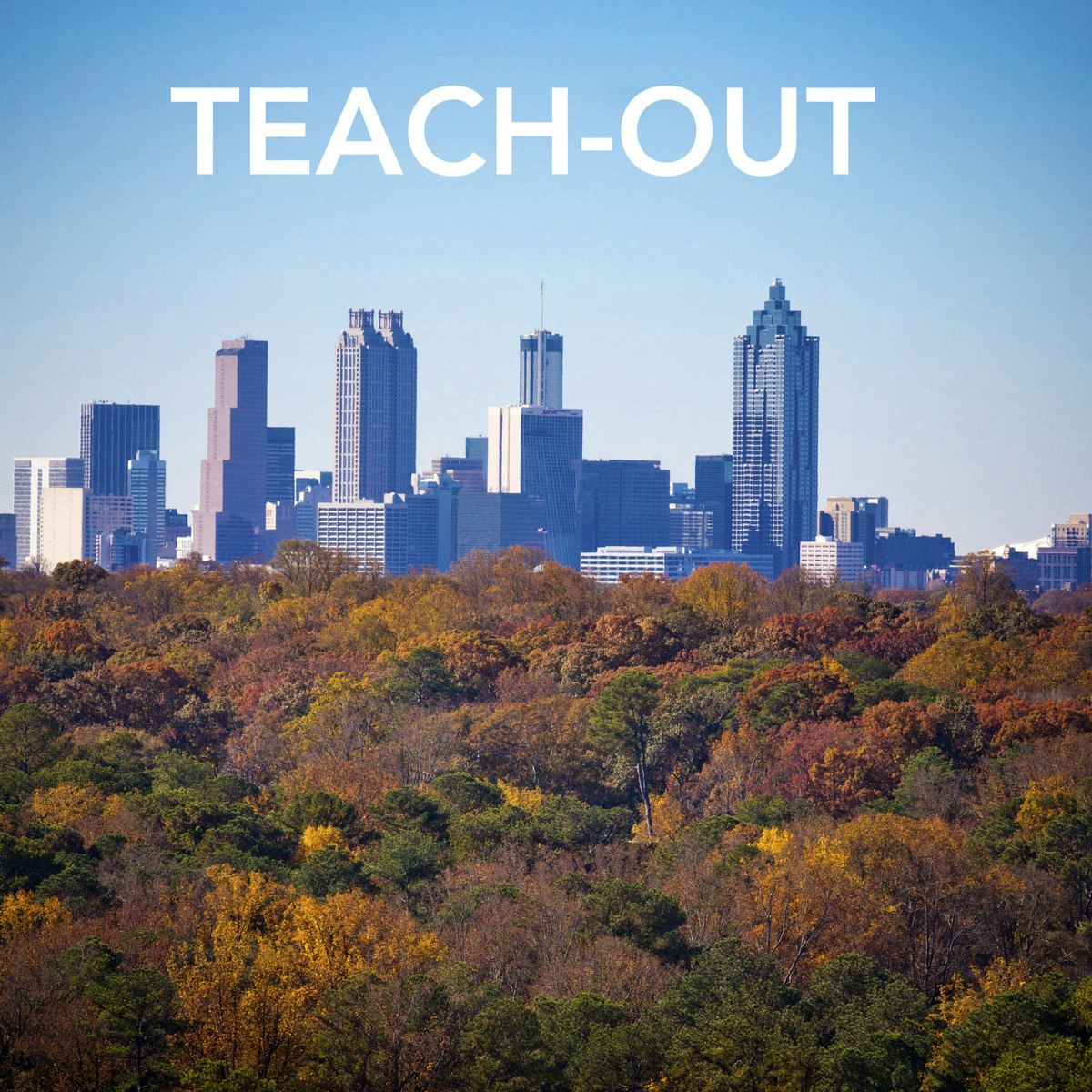


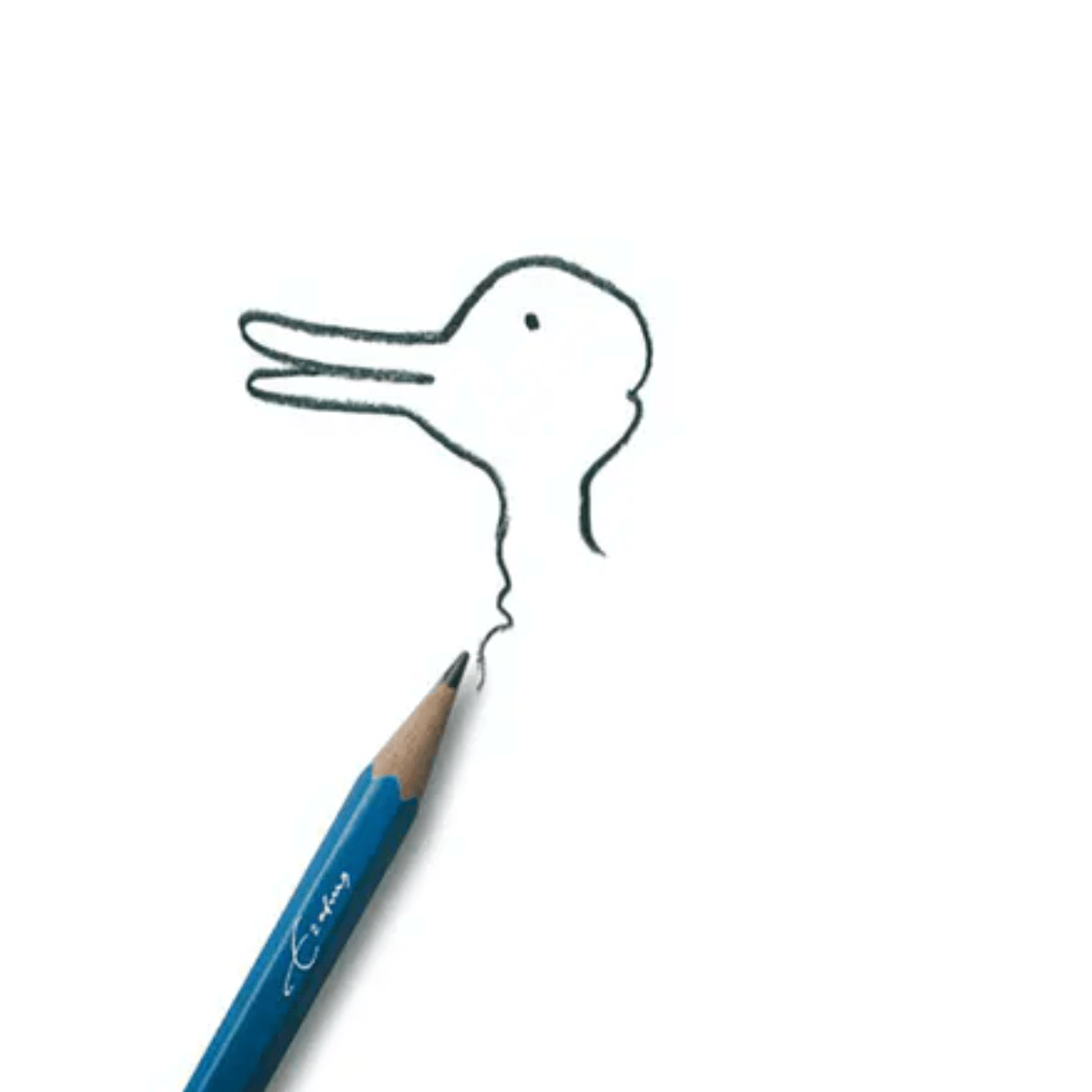
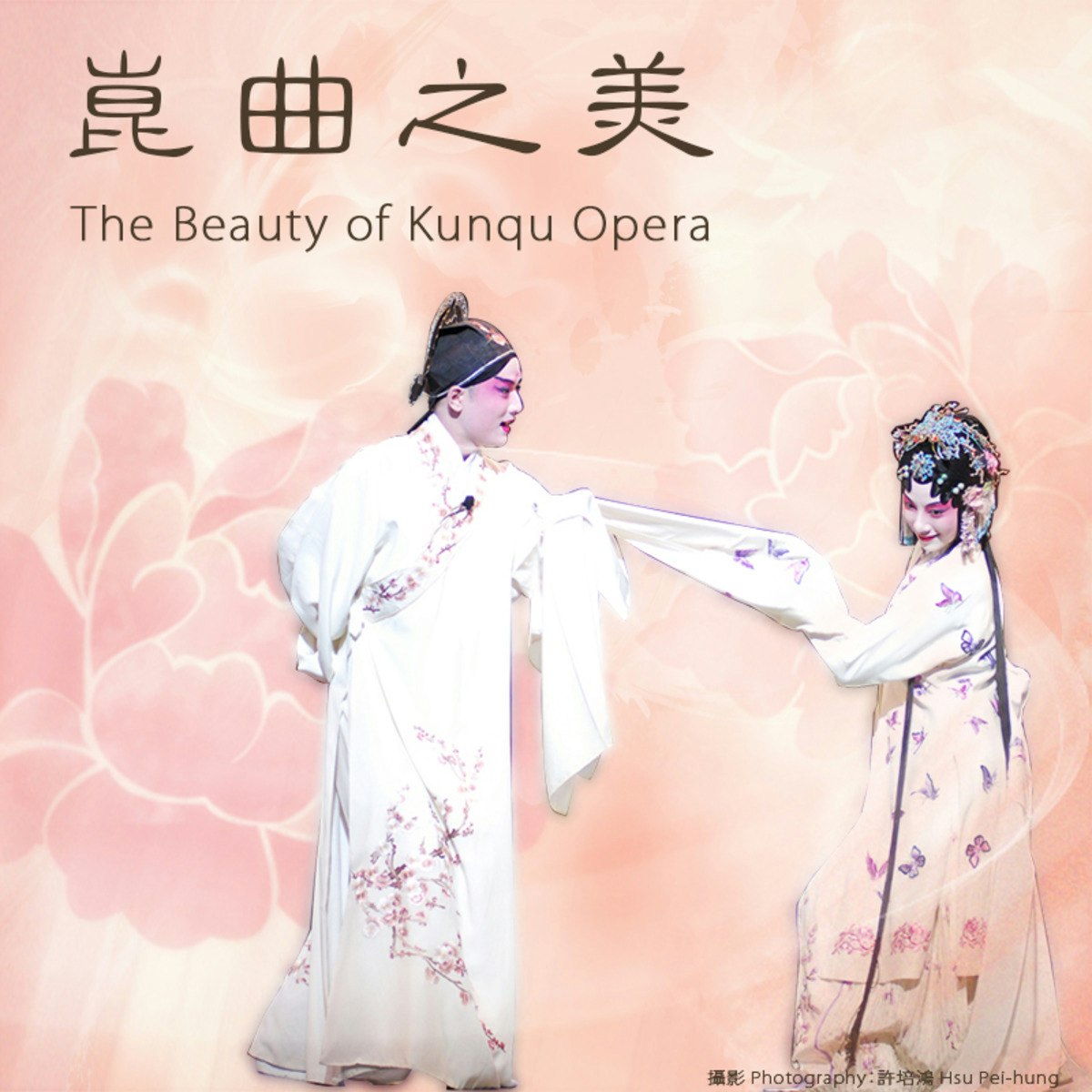
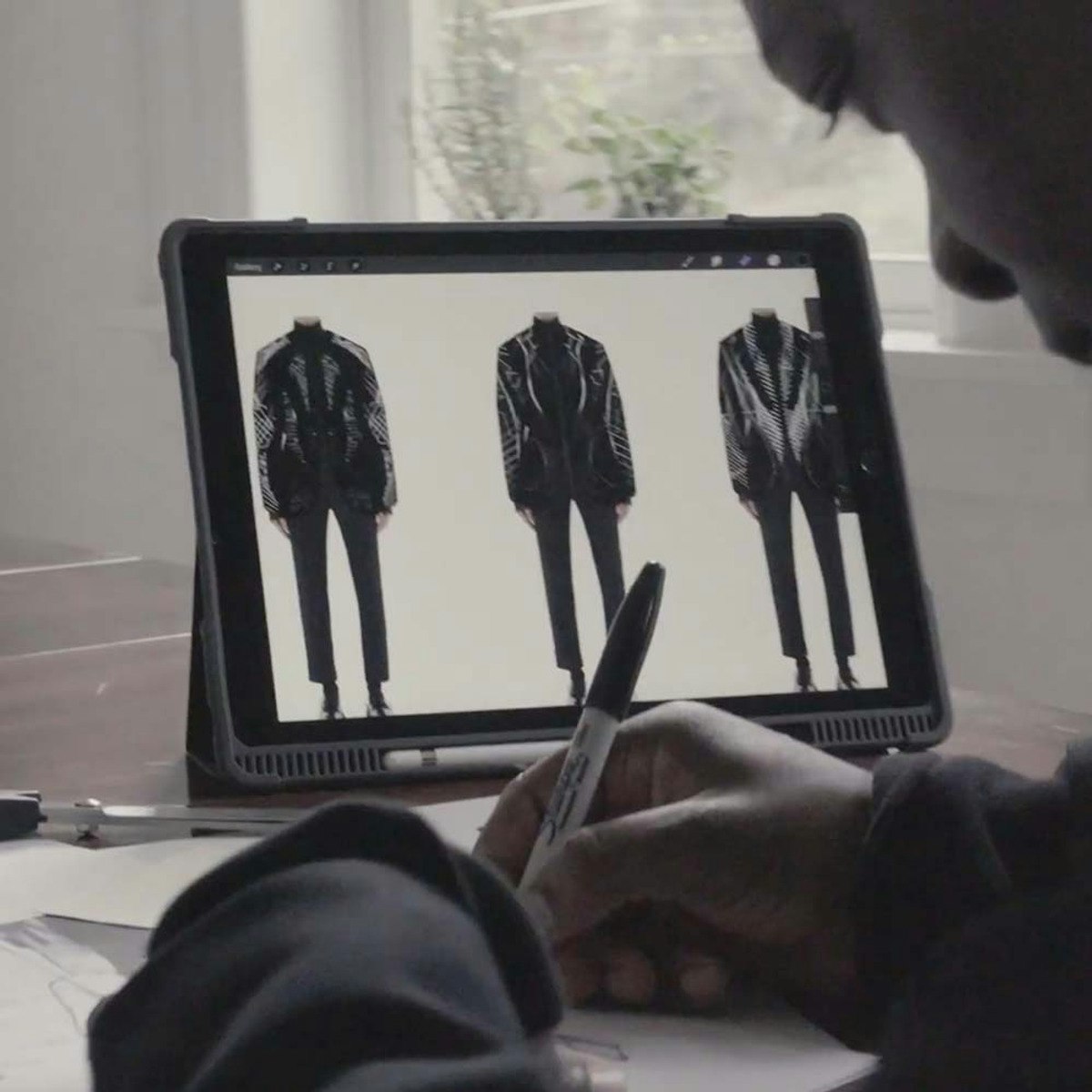
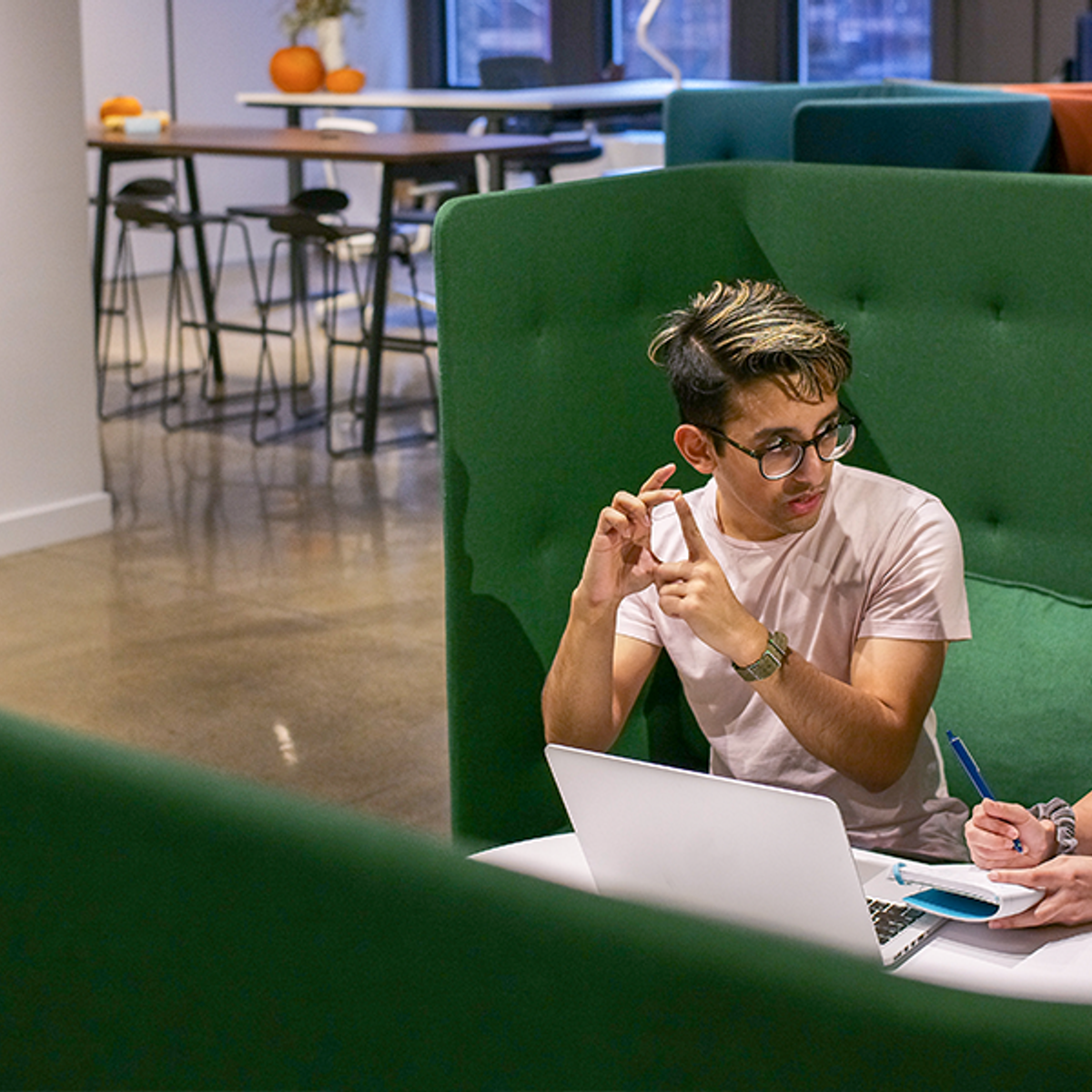

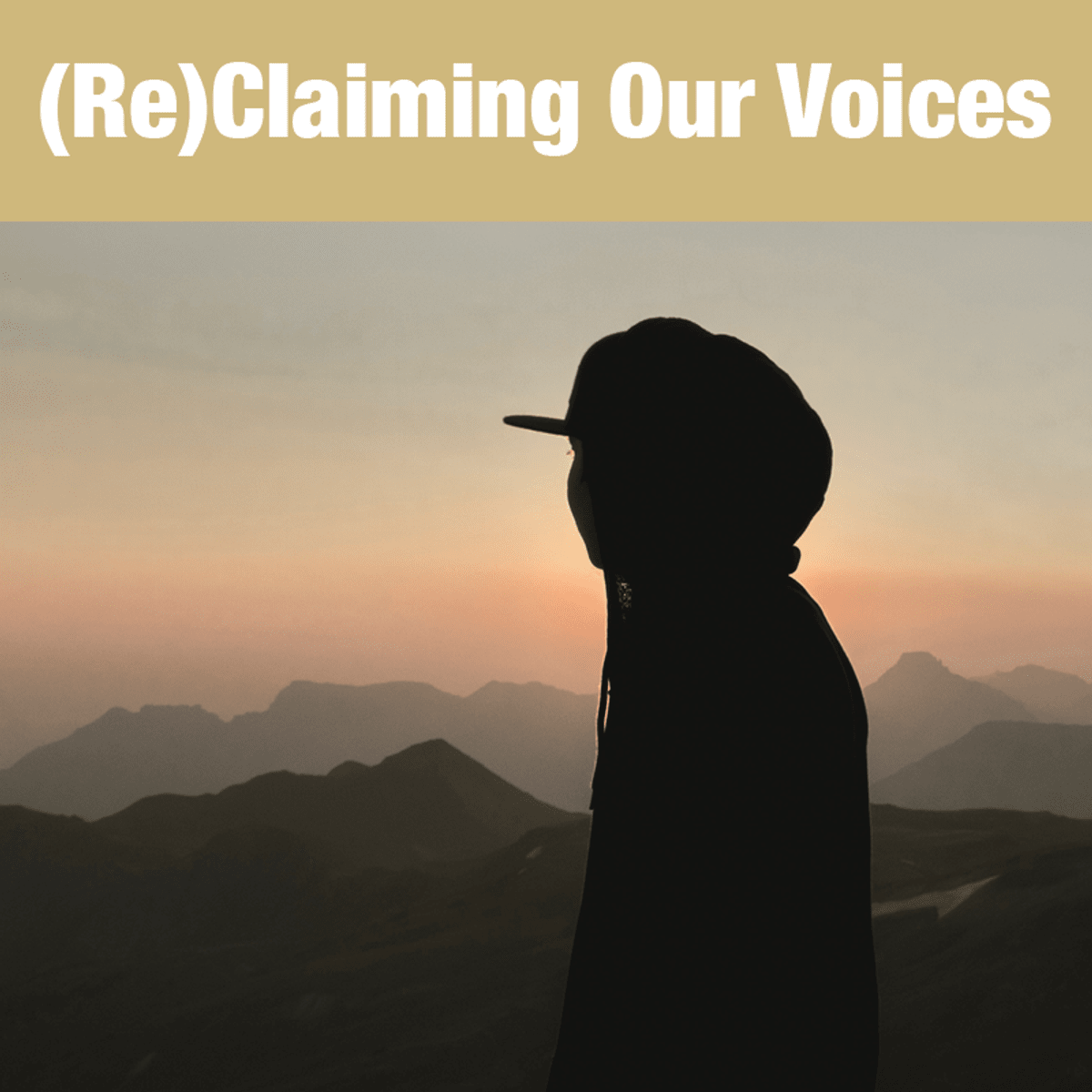

Arts And Humanities Courses - Page 4
Showing results 31-40 of 464

"Making" Progress Teach-Out
What is “progress”? How do we decide when we’re moving forward and not taking steps backward? And how do we explore the idea of progress around public sites of memory? This Teach-Out is an invitation to think about what progress means, and how you can look for it wherever you are—in your city, community, or neighborhood—and reflect upon your own ideas about the place you live in.
Changes in the built environment of our communities are themselves the result of human actions and intentions, such as municipal planning, commercial enterprises, or communities transforming their own space. In other words, in our cities we can see the results of our plans—our attempts to create and shape the future. Neighbors, political groups, corporations, governments, schools, and other organizations, they all shape the community, leaving traces that allow us to see in what directions they transformed our lives.
This Teach-Out will ask the following questions:
• What are the forces that shape and change the places we inhabit?
• How do people connect with places in our modern cities?
• Do places progress?
• How can we measure in them whether there is any “progress”?
We will interview a number of people who work in Atlanta, Georgia, but the questions and places we will see here are comparable to many of other places in the world on what it means to progress. In this Teach-Out you will learn how to find the history of public spaces in any community and how to reflect upon the idea of progress. Finally, you can join a conversation to discuss what has been explored, uncovered, and possibly transformed both within ourselves and our communities.
A Teach-Out is:
– an event – it takes place over a fixed, short period of time
– an opportunity – it is open for free participation to everyone around the world
– a community – it will be joined by a large number of diverse individuals
– a conversation – an opportunity to give and take ideas and information from people
This community learning event invites participants from around the world to come together in conversation with the Emory campus community, including faculty experts. This Teach-Out is part of Emory’s commitment to engage the local and global community in exploring and understanding problems, events, and phenomena most important to our society.
Originating from University of Michigan (Teach-Out.org), Teach-Outs are short learning experiences focused on a specific current issue. Attendees will come together over a few days not only to learn about a subject or event but also to gain skills. Teach-Outs are open to the world and are designed to bring together individuals with wide-ranging perspectives in respectful and deep conversation. These events are an opportunity for diverse learners and a multitude of experts to come together to ask questions of one another and explore new solutions to the pressing concerns of our global community. Come, join the conversation!

Mountains 101
Mountains 101 is a broad and integrated overview of the mountain world. This 12-lesson course covers an interdisciplinary field of study focusing on the physical, biological, and human dimensions of mountain places in Alberta, Canada, and around the world. Specifically, we'll study the geological origins of mountains, how they’re built-up and worn-down over time; we’ll learn about their importance for biodiversity and water cycles, globally and locally; we’ll explore their cultural significance to societies around the globe, and how that relationship has evolved over time; and we’ll learn how mountains are used, how they’re protected, and how today they’re experiencing rapid change in a warming climate.
At the end of each lesson, Mountains 101 will also provide learners with some smart tricks -- Tech Tips -- to safely enjoy time in the high alpine environment: from how to pick the best footwear for hiking to making smart decisions in avalanche terrain.
We’ll be delivering your online lessons from valley bottoms to mountaintops, from museums and labs, to alpine huts and other spectacular alpine sites, and we’ll do so with the help of a whole host of experts.
We invite you to join us for this online adventure! The mountains are calling...

Love as a Force for Social Justice
The objectives of this course are:
-To introduce participants to different concepts of love, to empower them to be conscious of the power of love and the possibility of practicing it in everyday life, and to highlight in particular the idea of love as a force for social justice.
-To communicate a sense of personal strength and empowerment by actively learning from each other and beginning to define how participants can apply their learning in service to society.
This course will explore the concept of agape love (compassion/kindness) as a force for social justice and action and as the inspiration for service and the application of knowledge to positive social change. Biological, psychological, religious, and social perspectives of love will be discussed, drawing on the expertise of people from a variety of disciplines.
During the six-week course, the following topics will be raised and discussed: kinds of love/defining love; non-violent communication; love and the biology of the brain; love as a basic concept of religious and ethical beliefs (e.g., Judaism, Christianity, Islam, Buddhism, Gandhian); love applied in action, and poetic expressions of love as a social force. This curriculum aims to foster a sense of the importance of love as a key phenomenon in creating community, connection, and functional societies among humans.
Course materials will draw from a variety of sources. One of the goals of the class is to provide participants with some knowledge of the literature of love, and readings for the course are listed in the outline of the course on the pages that follow.

The Epistemic Quest for Truth: Introduction to epistemology
The introduction of the internet and of social media has drastically changed our information position. We live in a time of ‘truth decay’: the distinction between opinions and facts is blurred, opinions have more impact than facts, and sources of factual information are increasingly distrusted. Since philosophers love truth, they deplore these tendencies. But what can they do about them?
In this course, you will be invited to reflect on whether, in what sense and to what extent, 2500 years of normative epistemology, or theory of knowledge, can be put into practice and help to reduce truth decay. You’ll be invited, more specifically, to reflect on
- the theory of knowledge,
- the analysis of knowledge,
- the possibility of knowledge,
- the structure of knowledge,
- the kinds of knowledge, and
- the value of knowledge.
Think of a pressing example of truth decay that strikes you and wonder how epistemology may go against it.

The Beauty of Kunqu Opera
This course will focus on the historical and cultural background, literary aesthetics, music, and performance of Kunqu, China’s classical opera. After viewing the lecture videos presented by scholars and renowned maestros in the field of Kunqu, students’ understanding and appreciation of Chinese performing arts, classical literature and traditional culture will be enhanced.

Digital Fashion Reality
Digital Fashion Reality is a collaboration between Parsons School of Design at The New School and The Digital Fashion Group Academy.
This course explores how to remove the boundaries between the physical and digital worlds to create a hybrid, taking an interactive approach to consumer engagement.
You will learn how designers are using powerful tools to blend the physical and digital worlds to address the fashion industry’s major challenges. Examine the rise of the fashion avatar, their increasing use in fashion e-commerce, and their role in waste prevention and quality testing. Then, you will explore the Metaverse and how it challenges designers to reach beyond real-world design.
Throughout this course, you will analyze the impact of technology in the fashion industry and how it can enhance customer-centric development and distribution processes throughout the industry.
At the end of the course, you will craft your personal Digital Fashion Reality Manifesto that sets and clarifies your intentions so they can be easily understood by others.

Conduct UX Research and Test Early Concepts
Conduct UX Research and Test Early Concepts is the fourth course in a certificate program that will equip you with the skills you need to apply to entry-level jobs in user experience (UX) design. In this course, you will learn how to plan and conduct a usability study to gather feedback about designs. Then, you will modify your low-fidelity designs based on insights from your research.
Current UX designers and researchers at Google will serve as your instructors, and you will complete hands-on activities that simulate real-world UX design scenarios. Learners who complete the seven courses in this certificate program should be equipped to apply for entry-level jobs as UX designers.
By the end of this course, you will be able to:
- Plan a UX research study, including the project background, research goals, research questions, Key Performance Indicators, methodology, participants, and script.
- Explain the importance of respecting privacy and user data.
- Conduct a moderated and unmoderated usability study.
- Take notes during a usability study.
- Create affinity diagrams to group and analyze data.
- Synthesize observations from research and come up with insights.
- Develop persuasive presentation skills to share research insights.
- Modify low-fidelity designs based on research insights.
- Continue to design a mobile app to include in your professional portfolio.
To be successful in this course, you should complete the previous three courses in the certificate program. Or, you need to have an ability to conduct user research to inform the creation of empathy maps, personas, user stories, user journey maps, problem statements, and value propositions; as well as an ability to create wireframes and low-fidelity prototypes on paper and in Figma.

Change the color in an image with Adobe Photoshop
In this project, learners will learn how to change color in an image with Adobe Photoshop. Learning this skill in Photoshop will teach you that you can take any image and change the colors in the image. The learners will learn how to change color in an image in two different ways. We will set a document in Photoshop and then import an image to the document. Learners will change one color from the image to a different color. The learners will also learn how to change one part of the image to a different color. We will be using the hue/saturation feature in Photoshop and the select tool to complete this project.

Storying the Self: (Re)Claiming our Voices
Engage with lived experiences and identities that have often been denied a public voice. Consider the nuanced contexts of race, gender, class, language, ability, and how these impact your position as a leader and creator. You’ll question what it means to reclaim your narrative of yourself and to engage with the strength of vulnerability as a leader and creator. In a creative exercise, you’ll engage with multiple perspectives on a past conflict and use this reflection to practice perspective-taking and listening that can generate creative work and deepen leadership skills for empathy, listening and engaging in multicultural workplaces.

Write Your First Novel
WRITE YOUR FIRST NOVEL
From Inc.com - The 30 Most Popular Online Courses of 2020
"Write Your First Novel" made the list at #15 https://lnkd.in/gZqscmn
If you’ve ever had the dream, the desire or even just a vague notion that you would like to write a novel, this course is for you. Whether you are a full-time student, have a full-time job, a family to take care of or all of the above, you can do it. Really! And I will help you get there.
In this Course, you will write your first novel. Many people say they have often thought about writing a novel and are planning to do it someday, but very few ever actually do. However, in this course, you will do it. You will learn how to form a basic idea, any idea, into a structure and discipline that will allow you to create, write and complete a fully-realized novel ready to submit for publication.
If you have any concerns regarding the protection of your original work, Coursera's privacy policy protects the learner's IP and you are indeed the sole owners of your work.
Here is a link to a trailer for the course. To view the trailer, please copy and paste the link into your browser.
https://vimeo.com/385761391/c5e7f873cf
Learner review: "It was a great experience, I really enjoyed it."
In Write Your First Novel, you’ll learn to break down your creative endeavor into components and you’ll discover a process that will allow you to do what few have done: produce and complete a full-length work of fiction in the form of a 50,000-word novel.
Learner Review: "You teach storytelling like no other teacher. I cannot put in words how much I appreciate it. This daily writing, and the product that comes with it, have been a great mental support during the pandemic time. Art is a support for life, as Stephen King said, and thanks to you I experienced it first-hand during this time. I think I will keep writing 500 words per night for the rest of my life. I owe it to you. You taught me how to write a novel, and it works every time. Huge thanks, and wishing you all the best."
I am a proponent of experiential learning (also known as active learning). My lectures are short and to the point, designed in a step-by-step process essential to your success as a writer. I will guide you, I will show you how to get there, hopefully I will inspire you. You will learn through your own activity - which is writing! I firmly believe that the only way to become a writer is to write, write, write!
Learner review: "As a published author, I took this course to relearn the skills. I thoroughly enjoyed each and every lecture and quiz. This course was very, very helpful and the videos were very well executed. Cheers!"
Writing fiction is a truly beautiful thing. Putting your own words on a page to tell a story which enters your readers minds and allows them to share the thoughts, emotions and lives of your characters is a very satisfying, rewarding experience.
Learner review: "BEST TEACHER EVER! LOVE THE COURSE."
Popular Internships and Jobs by Categories
Find Jobs & Internships
Browse
© 2024 BoostGrad | All rights reserved